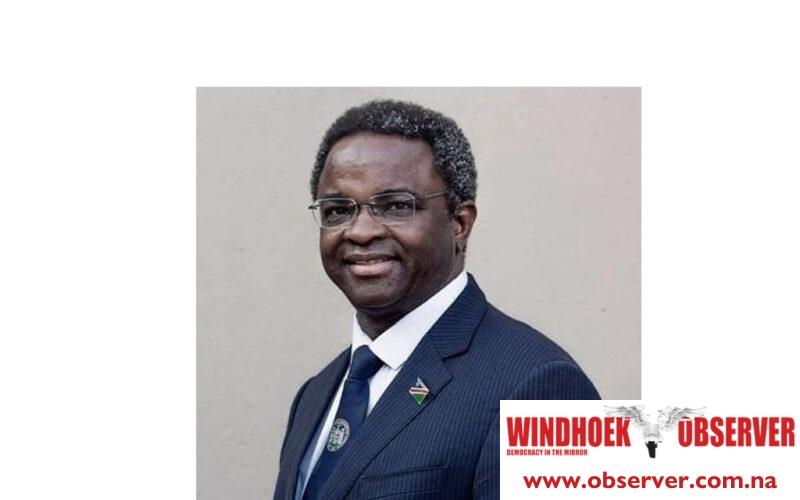Erasmus Shalihaxwe
Independent Patriots for Change (IPC) president, Panduleni Itula has clarified that should IPC become the next government, they would create constituency members of Parliament who are directly elected by the people.
He proposes replacing Regional Councillors with constituency members who would be directly elected by the people, enhancing accountability and aligning with the principles of representative democracy.
He was clarifying what he meant in the article that was published by the Windhoek Observer on Monday titled, “Itula’s government to replace regional councillors with traditional leaders”.
“At the moment Parliamentarians are accountable to a political party from whose list they were formulated. They do not, as lawmakers, have a direct mandate to govern over us. The mandate is given to a juristic person which is unconstitutional as it goes against Article 49, Article 17 and Article 46 notwithstanding Article 49 and Schedule 4. Traditional leaders shall serve in the Supreme Sovereign Patriotic Council/ Assembly, which, together with retired Politicians, clergy, business people, retired experts, diplomats, etc… selected from and appointed by the seating president,” he explained.
He clarified that this proposal is not a return to apartheid-era Bantustans but a more effective expression of the people’s will through representative governance rather than delegated governance by political parties.
Bantustans, also known as “homelands,” were territories designated by the apartheid government of South Africa.
These areas were part of a policy aimed at segregating the population by race, specifically by creating separate regions for black people based on their ethnic groups.
According to political analyst Henning Melber, what Itula suggests is a first-past-the-post electoral system, which is the exact opposite of the proportional electoral system according to party lists.
“It would mean that the whole electoral system would have to be newly designed, with electoral districts in which candidates campaign for votes and the one with the most votes is elected. That, then, like the British system, would make them accountable to the constituency for which they were elected by the local voters. It is nonsensical to say that the current electoral system is violating the Constitution. It is perfectly in line with all constitutional requirements,” he said.
Melber points out that while proportional systems are common in democracies, many have thresholds (e.g., 4% in Sweden, 5% in Germany) that parties must meet to gain parliamentary seats.
Namibia’s system, according to him, lacks such a bar, allowing even parties with close to 1% of the vote to secure a seat.
“In Namibia, the system is strictly proportional, with no such bar. This means that once a party receives close to one percent, it will have one seat in the National Assembly secured,” he said.
Melber further criticised Itula’s proposal to modify the National Council.
“..is another rather abstruse idea, which would require a change in the constitution since the National Council is institutionalised there as it is. And to be appointed by the President extends the already very far-reaching executive powers even more. He should think twice before he makes such a proposal. Would he want Netumbo Nandi-Ndaitwah, if she were to be elected president, to appoint single-handedly the members of the second chamber?” he said.
He questioned Itula’s ability to make responsible policy decisions.
“That is really weird,” said Melber.




